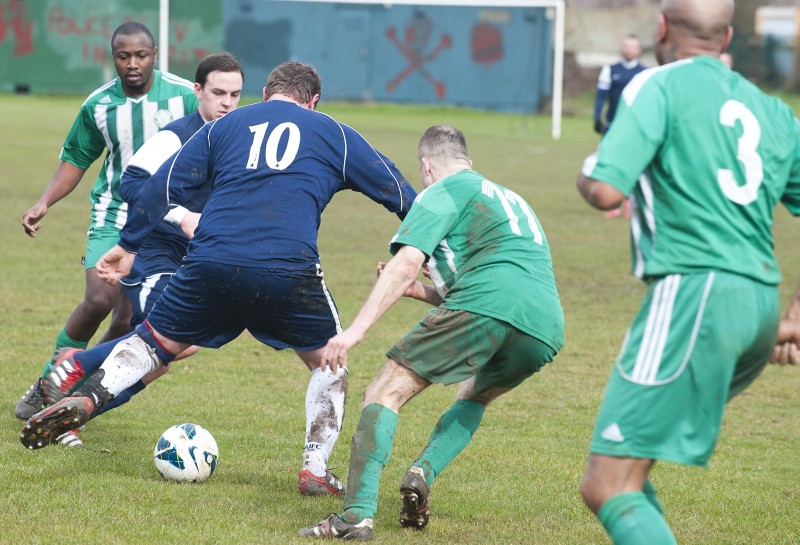
All charities should be able to articulate in a few words what makes them indispensable otherwise why should they continue to exist? However, this is easier said than done as it’s really difficult to come up with a pithy punchy sentence that encapsulates your raison d’etre. Sometimes having a conversation with someone from outside of the organisation can help. I recently had a catch-up meeting with a CEO of another charity, and he put me on the spot. This is how the conversation went:
“So why should we save playing fields?”
“So that people can play sport”
“So what?”
“Because sport improves lives and playing fields are where sport starts.”
“So what?”
We’ve lost a fifth of playing fields over the last 25 years and we must do something about it”
“So what?”
“Because people will die”
“That’s more like it. Now where’s your proof?”
I’m not saying that playing fields can provide a cure for cancer and heart disease but well managed playing fields and the activity they generate can prevent them. The most graphic illustration of the LPFF’s ability to save lives can be seen via the Coping Through Football initiative which is an award winning project that uses football as a recovery model for people with serious long term mental health conditions. The need to transform community mental health services is obvious:
What makes Coping Through Football so special is that it helps people get their lives back and to live more independently. It does this by improving physical health, increasing confidence and self esteem, re-invigorating lost social skills and reducing the reliance on illegal drugs, alcohol and cigarettes. In order to achieve these break- throughs we have to create a Cheers type environment where everyone knows your name and cares about your welfare. That’s the thing about playing fields. You can’t leave things to chance. It’s not like the film Field of Dreams – build it and they will come. It’s about being entirely focused on the prize, helping the participants to get their lives back via the six C’s.
The results have been stunning with a number of participants saying that involvement in the project has pulled them back from the brink. And that’s how playing fields can save lives
I look forward to sharing our experience of Coping Through Football and hearing about the Edge Hill and Everton project at the Substance national conference, Sport for Development: A whole new ball game on 19th November. We will also be publishing ground breaking research that outlines just how valuable playing fields are to the communities they serve.